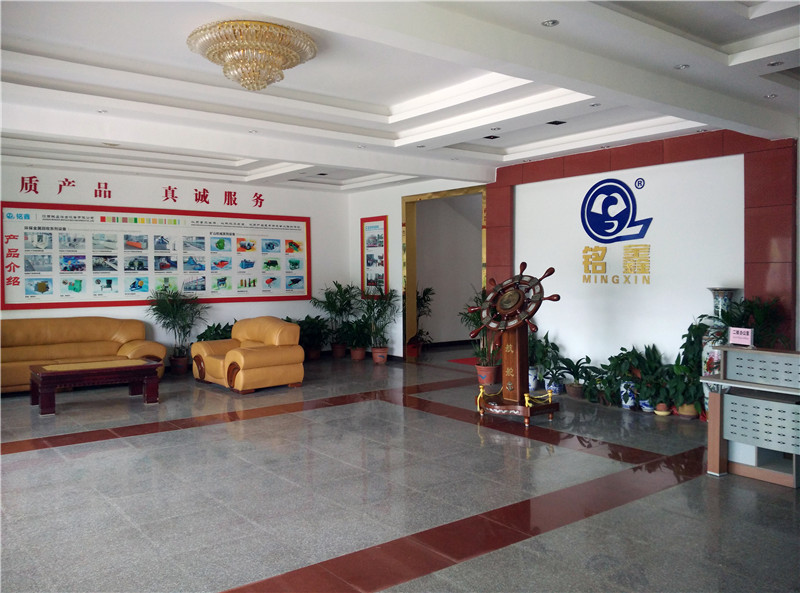Lithium-ion batteries have become an integral part of our daily lives, from smartphones to electric cars, and they provide powerful power for modern life. However, as usage increases, so do the number of broken and discarded lithium-ion batteries, which poses a challenge to environmental and resource sustainability. This article will explore the challenges facing the lithium-ion battery industry and how to seize new opportunities by recycling and reusing damaged batteries.
Lithium-ion batteries are favored for their high energy density, long life and low self-discharge rate. However, as demand grows, the mining of raw materials and the production of batteries puts pressure on the environment. In addition, batteries have a limited service life and need to be replaced once they reach their useful life, which leads to the generation of a large number of discarded batteries.
The environmental impact of damaged batteries ** Damaged lithium-ion batteries, if not handled properly, may leak harmful substances such as cobalt, lithium and nickel, which are potentially harmful to the environment and human health. Therefore, how to safely and efficiently dispose of these batteries has become an important issue.
** Although recycling lithium-ion batteries can reduce environmental impact and recover valuable materials, the process faces technical and economic challenges. The complex structure of batteries and the variety of materials make the recycling process complex and costly.
Innovative Technology and Policy support ** To overcome these challenges, governments and businesses are developing new recycling technologies, such as hydrometallurgy and physical crushing, to improve efficiency and reduce costs. At the same time, policy support is also a key factor in promoting the development of the recycling industry.
In the face of the challenges of the lithium-ion battery industry, enterprises and governments need to work together to promote the recycling and reuse of batteries through technological innovation and policy guidance. This can not only reduce environmental pollution, but also bring new growth points for the battery industry.
The future of the lithium-ion battery industry depends not only on battery performance and cost, but also on how we manage and dispose of waste batteries. By recycling and reusing damaged batteries, we can contribute to environmental protection while also opening new avenues for the sustainable development of the battery industry. We can see that although the lithium-ion battery industry is facing challenges, through innovation and cooperation, we can turn these challenges into opportunities and promote the green development of the industry.











